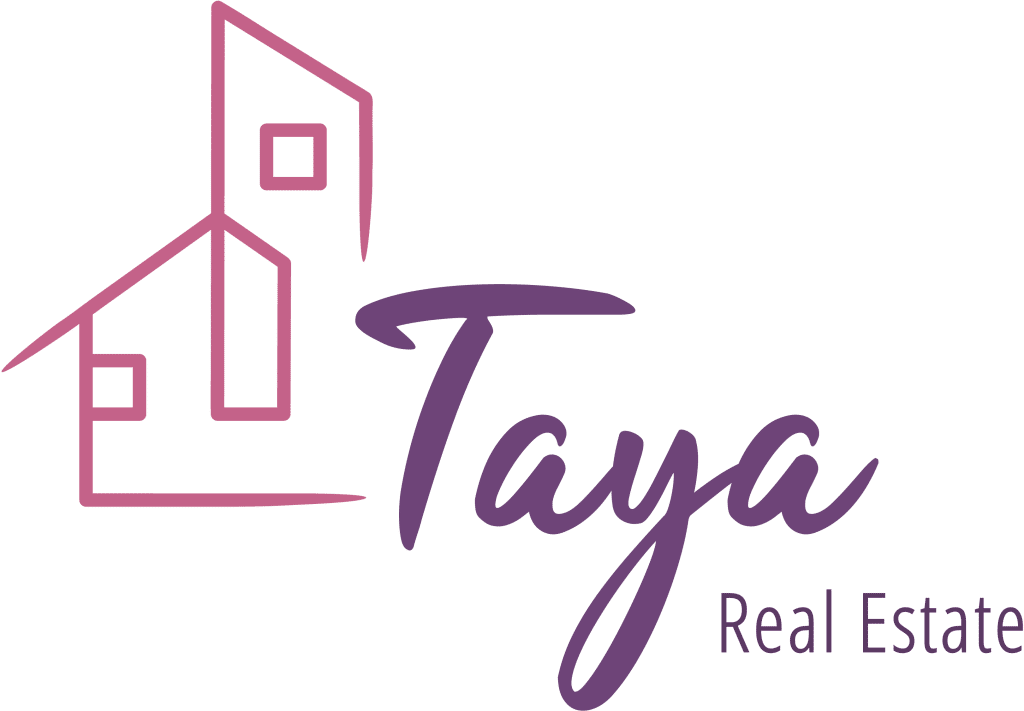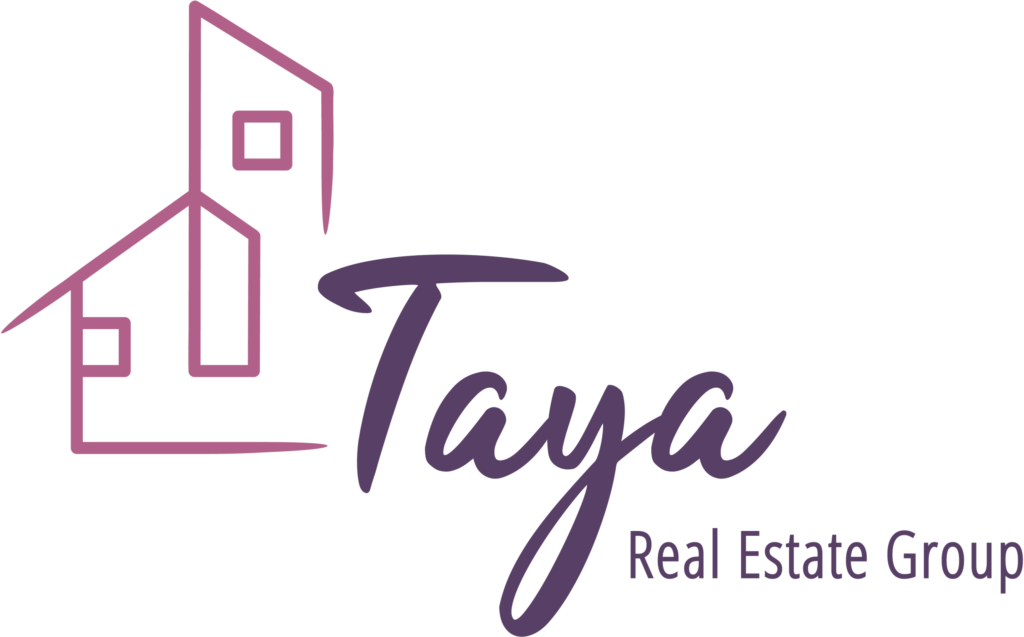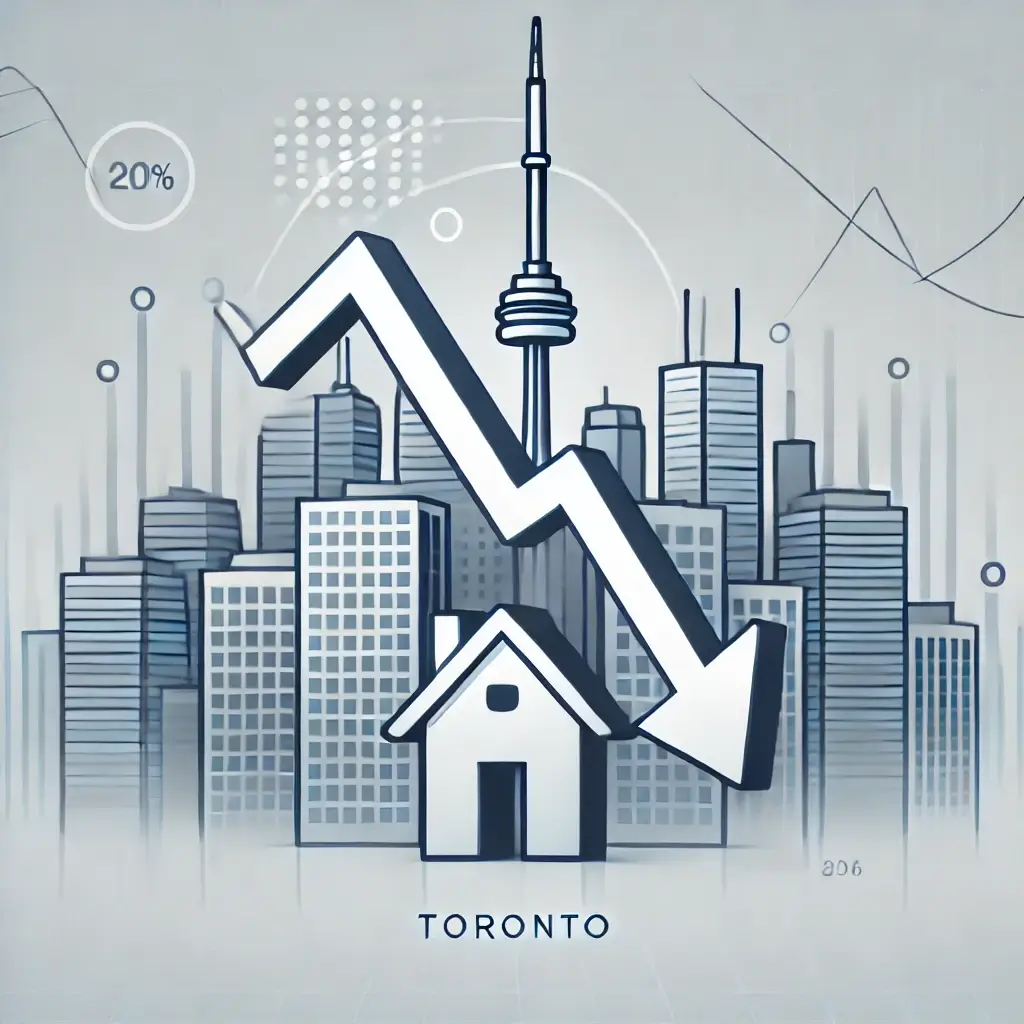Embarking on the journey of buying your first home in Ontario is an exhilarating yet daunting process. It’s a pivotal decision that requires careful consideration, especially when it comes to the size of your down payment. Whether you opt for a smaller or larger down payment can significantly influence your financial well-being and home buying experience. This blog post will explore the options available for first-time home buyers in Ontario, dissecting the pros and cons of small versus large down payments to help you make an informed decision.
Options for First-Time Home Buyers in Ontario
- First-Time Home Buyer Incentive: This federal program offers 5% to 10% of the home’s purchase price to put toward a down payment, effectively lowering monthly mortgage costs without increasing the amount needed to save for a down payment.
- Home Buyer’s Plan (HBP): This program allows you to withdraw up to $35,000 from your RRSPs tax-free to fund your home purchase, provided you repay it within 15 years.
- Land Transfer Tax Rebate: In Ontario, first-time home buyers can receive a rebate on the land transfer tax, which can be a substantial saving, especially in cities like Toronto where buyers also pay a municipal land transfer tax.
Buying with a Small Down Payment
Pros:
- Accessibility: Lower initial costs make homeownership more accessible, particularly for those who may struggle to save a large sum of money.
- Investment Opportunity: Investing in a home sooner allows you to start building equity, potentially benefiting from real estate appreciation over time.
Cons:
- Higher Monthly Payments: A smaller down payment means a larger loan amount, which can result in higher monthly mortgage payments.
- Mortgage Insurance: If your down payment is less than 20% of the home’s purchase price, you’ll need to purchase mortgage default insurance, which can add a significant amount to your overall loan.
Buying with a Large Down Payment
Pros:
- Lower Monthly Payments: A larger down payment reduces your loan amount, leading to lower monthly mortgage payments.
- Equity Building: With a significant down payment, you start with more equity in your home, providing financial security and flexibility.
- Avoiding Mortgage Insurance: By putting at least 20% down, you avoid the extra cost of mortgage insurance.
Cons:
- Less Liquidity: A substantial down payment can deplete your savings, leaving you with less cash on hand for emergencies or other investments.
- Opportunity Cost: The large sum used for the down payment could potentially yield a higher return if invested elsewhere.
Conclusion:
Deciding on the size of your down payment is a crucial step in the home-buying process in Ontario. It’s essential to weigh the pros and cons of small and large down payments in light of your financial situation and long-term goals. Remember, there’s no one-size-fits-all answer; the best choice depends on your unique circumstances and financial objectives.








